


There is a worldwide heightened awareness of social media influence tactics as concerns mount over AI manipulation of audio, video, and social media content.
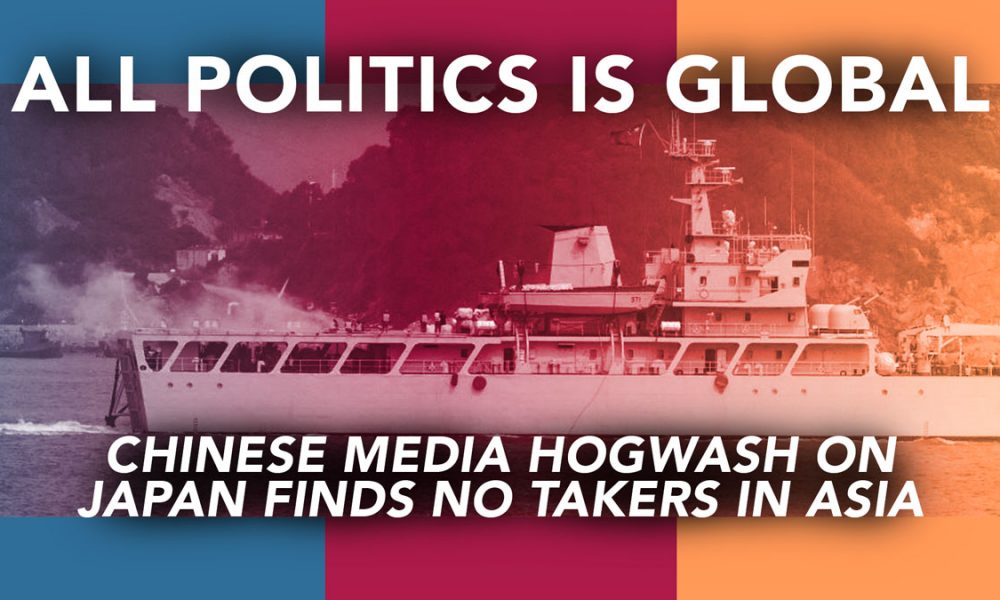


Chinese media criticism of Japan's defense budget is sadly ironic. It's the CCP's military expansion and unilateralism that pose the greatest challenge to Asia.
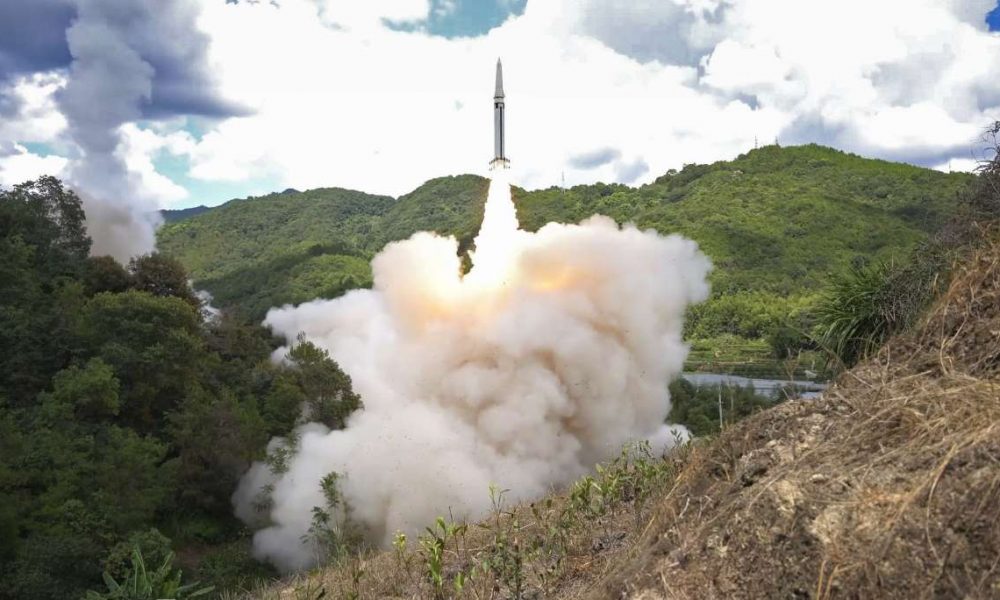
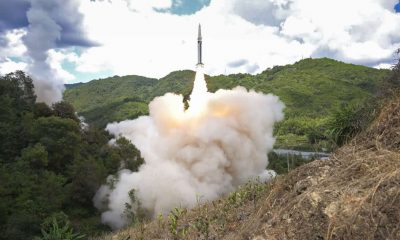

The pace of China's military and nuclear weapons buildup has been unprecedented. Japan, Australia and South Korea especially need to stay alert to the risks.
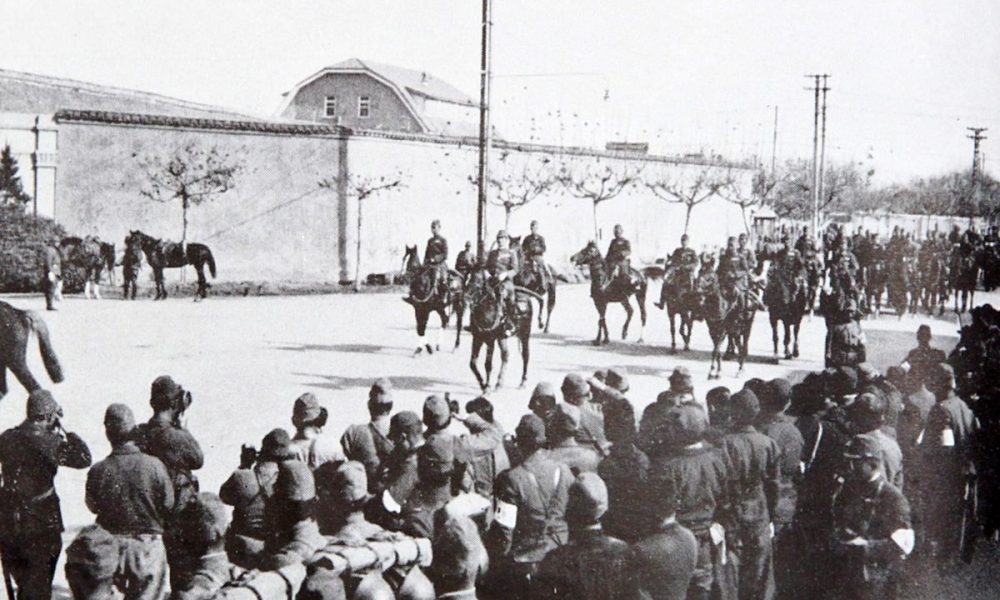
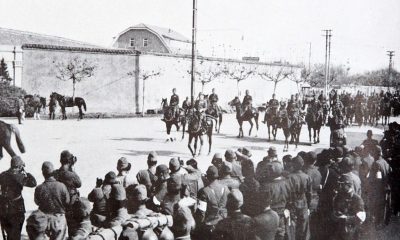

The 300,000 civilian death toll was credited to an anonymous source, employed by a known propagandist, and not even made in relation to the Nanjing Massacre.
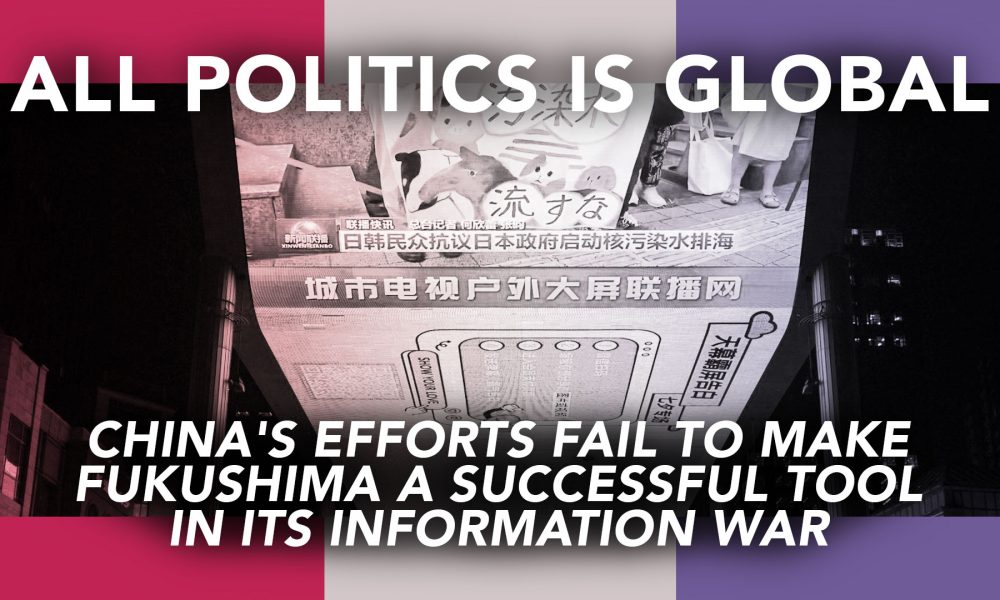
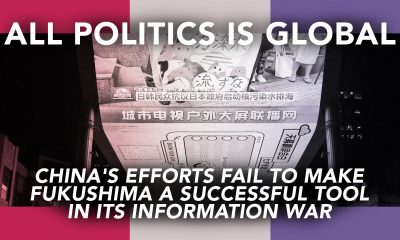

Its hypocrisy over the Fukushima water release is an example of how China uses a colossal information warfare network to advance its technology-enabled tyranny.
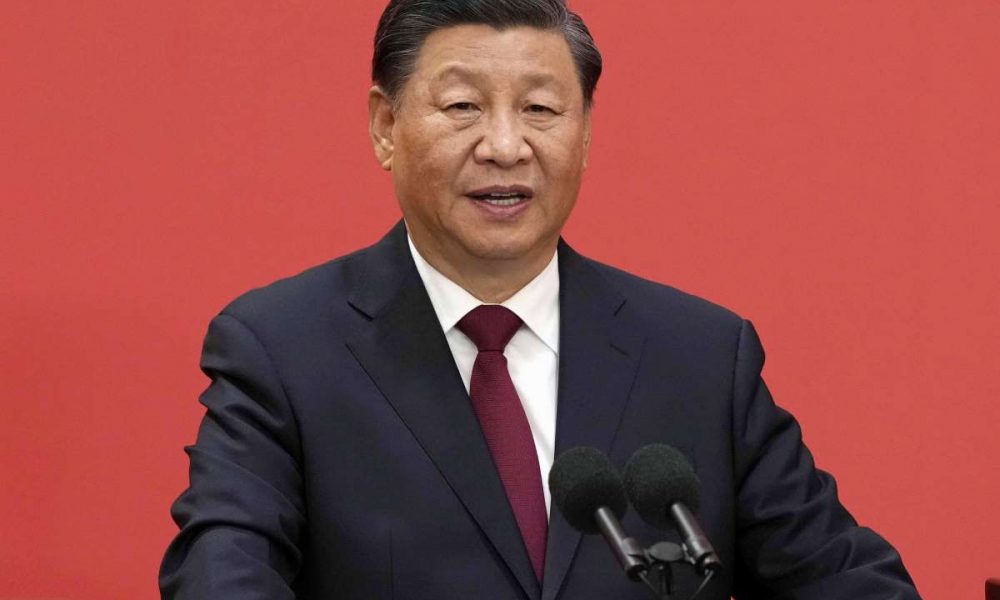
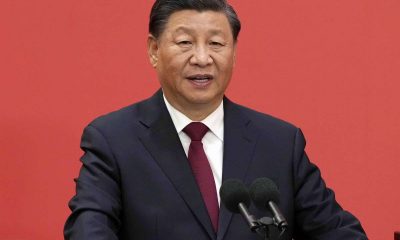

The author offers insight into today's China by analyzing the CCP's anti-Japan campaign, Xi's alleged speech in Beidaihe, and questions about his mental state.
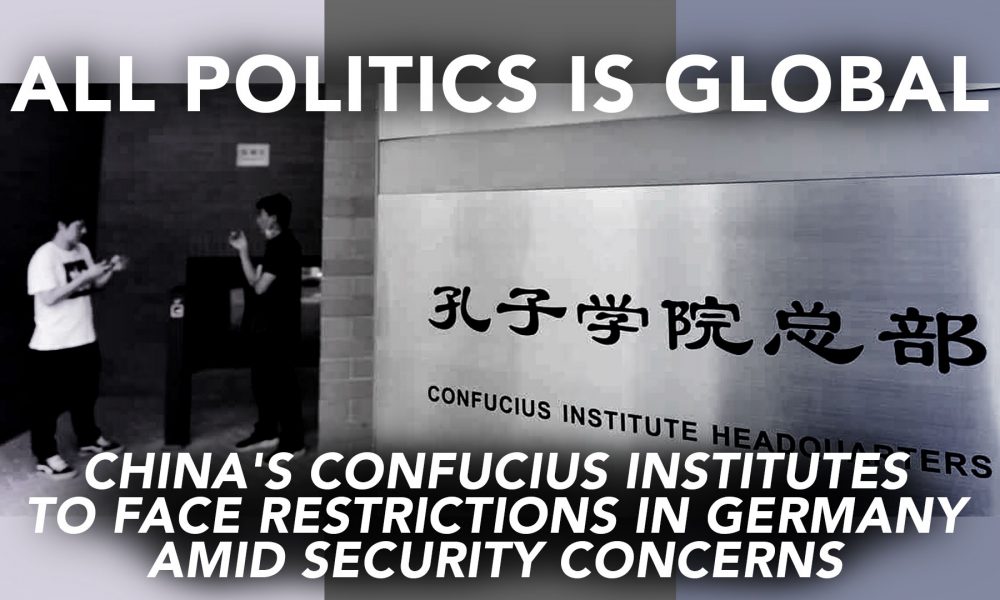
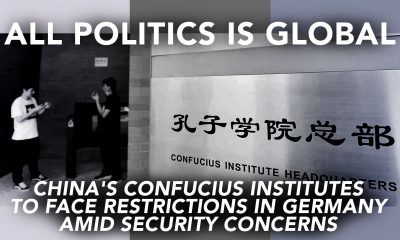

Confucius Institutes, of which there are 14 in Japan, target academic freedom and intellectual property in the garb of enhancing "Chinese culture and history."
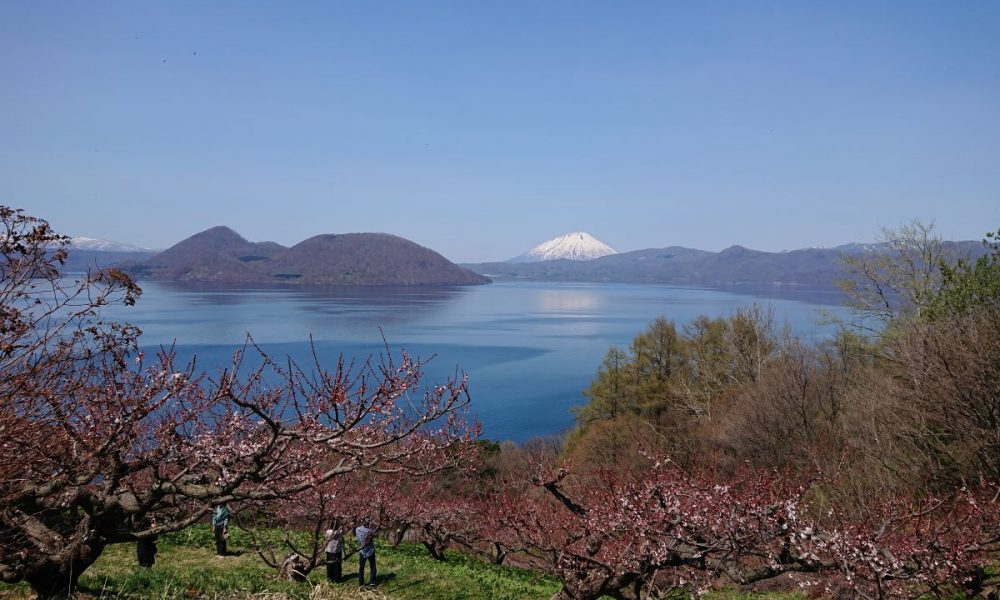
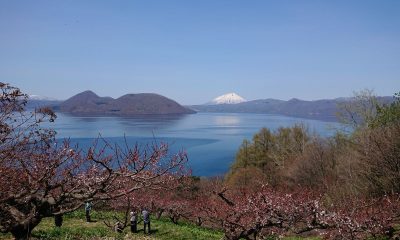

Keiko Nakamura explains that Edo period samurai risked their lives to protect Hokkaido. That history could be lost if the propaganda is not addressed.
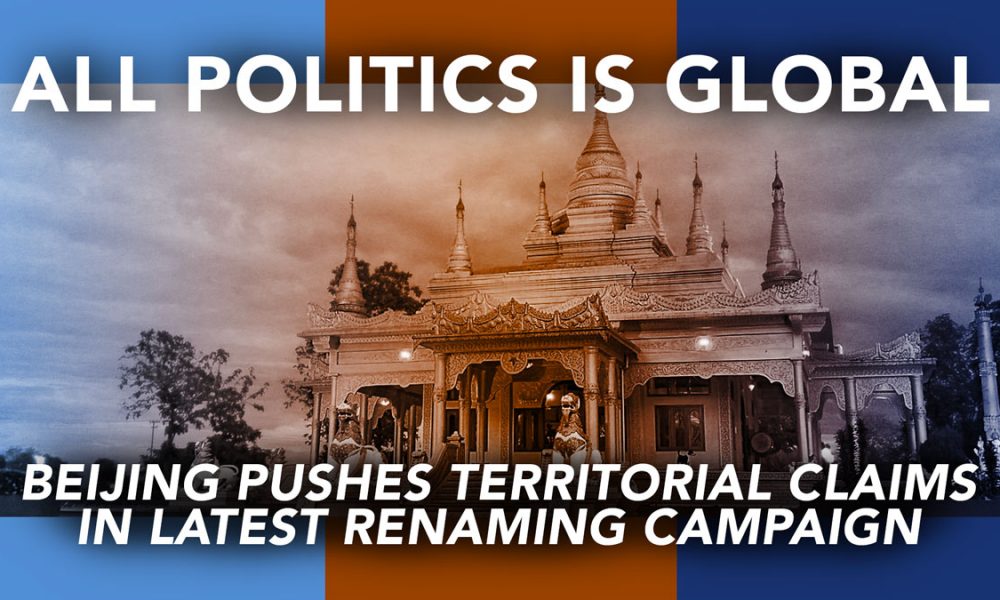


As part of its psychological warfare campaign to achieve its expansionist vision, Beijing has been "renaming" territories across Asia.
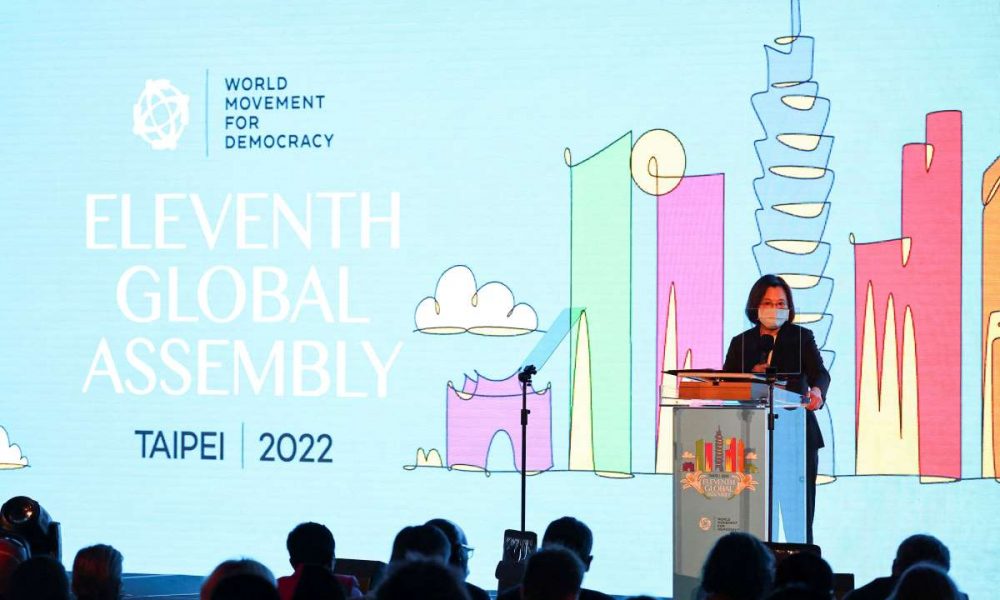
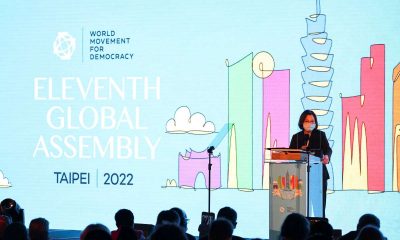

Professor Tomoko Ako argues that creating a counter-narrative based on the logic of democracy is a key strategy in combating digital authoritarianism.



Giving Beijing direct channels of influence over the content, tone, and preferences, Africa is the test bed for Chinese propaganda across the continent.
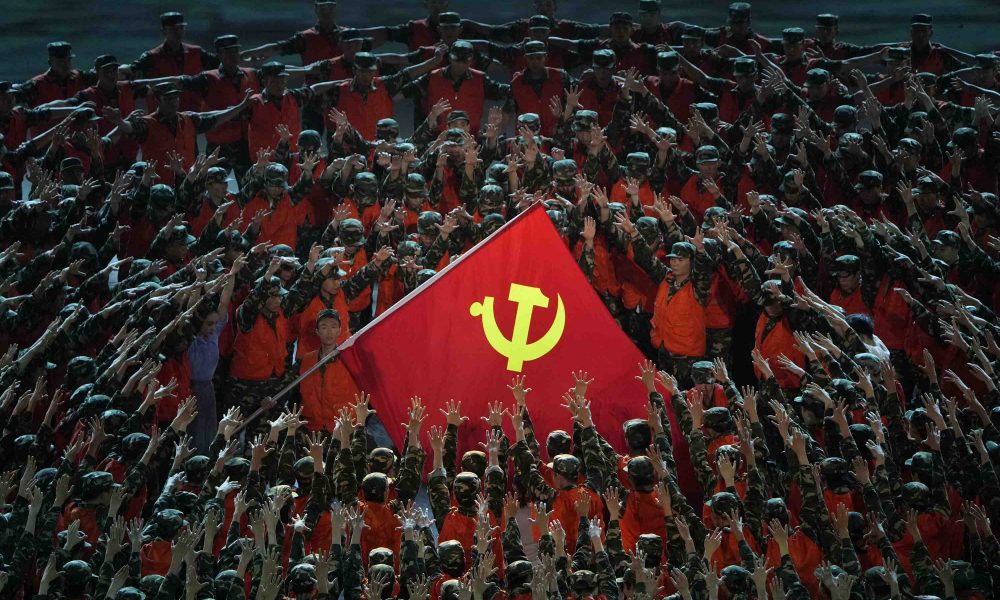
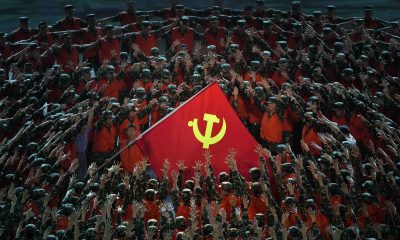

In a contest between artistic freedom and a dictatorial regime, world-renowned photographer Chen Man gave in to pressure to promote the Chinese Communist Party’s ideology.